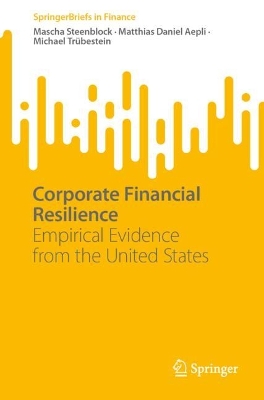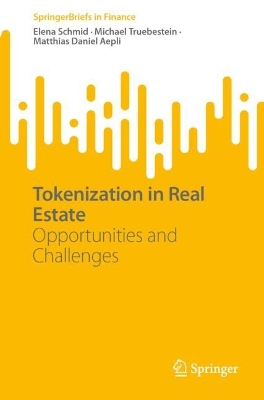SpringerBriefs in Finance
2 total works
Corporate Financial Resilience
by Mascha Steenblock, Matthias Daniel Aepli, and Michael Trübestein
This research presents a rigorous investigation of US companies' financial resilience within the S&P 500 index from the year 2000 onward. The book focuses on the process of a company's bounce back to pre-crisis levels after a disturbance, exploring resilience measured through recovery duration and various financial performance indicators. The study analyzes three significant crises faced by the US during this period - the dotcom crisis, the global financial crisis, and the pandemic crisis. Through applied cox hazard regression and panel regression, the book reveals valuable empirical insights on factors impacting corporate financial resilience, sector-specific crisis effects, and essential considerations when interpreting the results. Investors, corporations, and researchers alike will find this data-driven resource a paramount asset in navigating the complexities of financial markets and fortifying corporate financial resilience for a prosperous future.
Tokenization in Real Estate
by Elena Schmid, Michael Truebestein, and Matthias Daniel Aepli
Traditionally, real estate has been burdened by challenges such as illiquidity, limited accessibility, opacity, complex transactions, high costs, and substantial capital requirements. However, tokenization emerges as a potential solution to many of these issues. In this book, the authors thoroughly investigate the innovative concept of tokenization in the real estate domain. Tokenization involves digitizing real estate assets and ownership, complemented by fractionalization, facilitated through blockchain technology. The book elucidates the fundamental principles, technologies, opportunities, and impediments associated with real estate tokenization. To fully capitalize on the theoretical advantages, the book furnishes specific recommendations for the overall market landscape and active participants, providing crucial guidance to encourage wider adoption and successful realization of the benefits offered by tokenized real estate.

